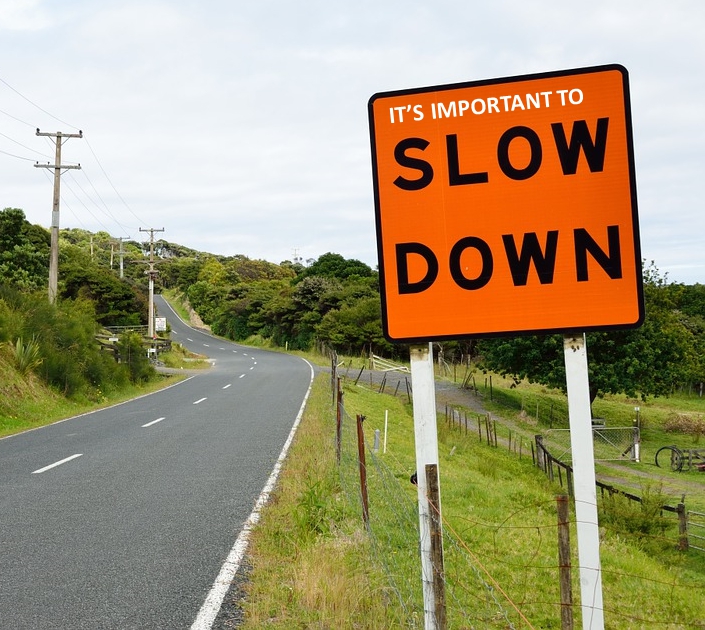Ambitious people often discount the need for sleep and physical rest but it’s important to consciously slow down at regular intervals.
Much is spoken and written about discipline being a key ingredient of leadership. Linked to this is the need for time management to increase productivity. At the same time, work life balance is also discussed with zest. Networking is deemed important. Leaders are asked to set aside time for family, rest, recreation and pursuing hobbies. The idea is that leaders need to pack in a lot into their daily routines, as output is a direct function of input. Therefore, leaders who work long hours and display high energy are held in high esteem as role models.
Though meditation is a popular prescription to sustain peak performance, not much is heard about the need for quiet or ‘me time’ for leaders. In short, the entire emphasis seems to be on activity rather than reflection. A leader is expected to be creative, full of ideas and contribute through cutting edge thinking but when looking for attributes, we tend to seek out visible action traits. Therefore, leaders too fall into what is sometimes called the ‘Busy Looking Culture’ (BLC) trap. Like a doctor’s appointment book, a packed calendar is often viewed as a sign of professional success.
Commuting time can be used for reflection if one can keep away the cell phones and tablets. Some do it very well during travels. Flights are a great place for thinking – provided one does not fall asleep from tiredness. Eschewing the urge for dinner appointments during trips, having a single dish ordered from in-room dining and giving the complimentary hotel breakfast a miss are good ideas. Again, the golden rule is to keep the TV and cell phones off.
The truth does not always lie in what we see on the surface. Leaders, more than anyone else, require a regular quota of silence. The more effective ones among them find their own ways of creating these spaces. The answer is not to extend their already stretched schedule even further. The common mistake ambitious people running on the fast track make is to discount the need for sleep and physical rest. In fact, to the contrary, they need to consciously slow down at regular intervals. Otherwise, it is a sure formula for burn-out.
The point is not about switching off and taking the mind to some other place. That is what meditation teaches us to do. This is more about reflection. Author Ruskin Bond says that while meditation has become fashionable, people have stopped reflecting. Active reflection is what leaders often forget to do.
Intelligent executives make time by creating specific DND (Do Not Disturb) slots when they do not take phone calls or visitors. In India, the problem is that we are seldom in control of our own times. Innocuous intrusions – phone calls, walk-in visitors, colleagues barging in or unscheduled calls from the boss – are a part of our work culture.
Commuting time can be used for reflection if one can keep away the cell phones and tablets. Some do it very well during travels. Flights are a great place for thinking – provided one does not fall asleep from tiredness. Eschewing the urge for dinner appointments during trips, having a single dish ordered from in-room dining and giving the complimentary hotel breakfast a miss are good ideas. Again, the golden rule is to keep the TV and cell phones off.
Having a sandwich in the park alone if the weather is right or a nice evening walk are great ideas too. Sometimes sneaking into office for a couple of hours on a Saturday morning (perhaps, after golf) can be very useful, as there are fewer interruptions.
Reflection has to be expansive but not without boundaries. Therefore, it is useful to stay focussed, albeit lightly. Selecting a topic or an issue and keeping a notebook handy is always recommended. Never let a good idea vaporise!
Finally, think of maintaining an ideas journal quite different from checklists or daily notes. Keep going back to it from time to time to rekindle the subconscious mind.
At the end of the day – a true leader stands out as much for her ideas and thoughts as she does by leading from the front.
(The author is executive president at M P Birla Group. Follow him on twitter @SandipGhose)



